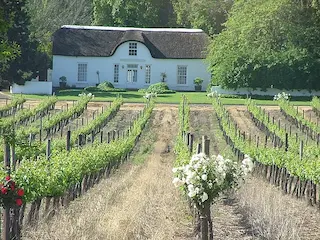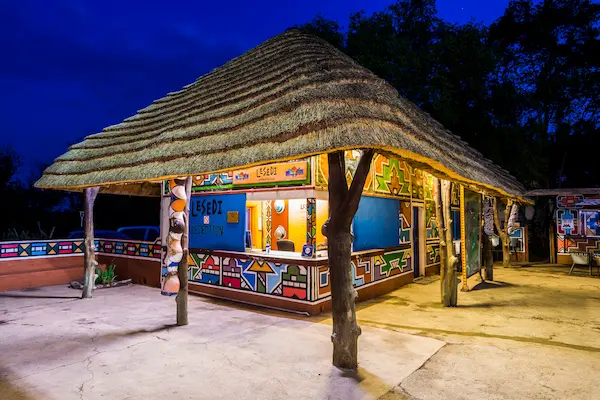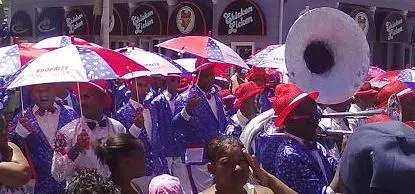Unearth the Treasures of South African Wines: A Blend of Rich Heritage and Distinctive Flavors

Embark on a journey to explore the unique flavors and rich heritage of South African wines, a hidden treasure that emerged on the global stage during the transformative era of the 1900s. This period, marked by the influential leadership of Nelson Mandela, unveiled the allure of South African wines to the world.
South Africa, a prominent player in the global wine industry, is celebrated for its substantial production volumes. However, it is the classic red varieties that truly captivate wine enthusiasts. These wines reflect the strong influence of French viticulture, sparking an ongoing debate among local vintners between the refined elegance of Old World wines and the enticing fruitiness of New World varieties.
In the 1940s, Cape wine producers revolutionized the industry by introducing advanced cellar techniques such as cold fermentation for white wines. Despite a temporary decline in quality due to outdated practices, the early 1990s witnessed a triumphant return of South African wines to international markets. This resurgence was driven by competitive pricing and their exotic appeal, leading to a significant increase in exports, from a modest 1 million cases annually in the early 90s to over 300 million bottles today. This remarkable growth in the global presence of South African wines has led to a significant evolution in the techniques and quality of Cape wines and winemakers.
The revival of South African wine in the 1990s attracted ambitious young winemakers, affluent businessmen, and leading corporations. They transformed the landscape with state-of-the-art cellars, ideal vineyard locations, and high-quality wines. A surge in boutique wineries and international collaborations further enhanced the industry's reputation. Noteworthy partnerships include Paul Bouchard from Burgundy and Pinot Noir and Chardonnay specialist Bouchard Finlayson in Walker Bay, and the revitalization of the historic Stellenbosch property of Morgenhof by the renowned French Cointreau family.
In the contemporary era, Cape winemakers enjoy the freedom to plant any variety of their choice, in any location. The "Wine of Origin" designation on Cape wine labels is a testament to this liberty, signifying the geographical origin of the grapes, usually traditional Cape wine regions such as Stellenbosch, Paarl, Franschhoek, Constantia, Walker Bay, Wellington, Robertson, and Worcester.
Cabernet Sauvignon plays a pivotal role in South African winemaking, with Merlot also gaining popularity both as a blending partner and a standalone wine. Pinotage, a blend of Pinot Noir and Cinsaut has become the country's signature variety, captivating the palates of international wine lovers with its versatile flavors.
Chenin Blanc is the frontrunner among South African white wines, but classic grape varieties are also making their mark. The evolution of South African Chardonnay from the heavily oaked wines of the 90s to more elegant and complex versions is a testament to the industry's growth. Furthermore, Sauvignon Blancs from cool-climate sites blends Kiwi varietal character with Loire delicacy, offering a uniquely South African experience.
South Africa's wine regions present a diverse array of wines. Stellenbosch is renowned for its variety of reds and whites, Franschhoek for its premium white wines, and Constantia for its classic whites and reds. The Calitzdorp region situated a considerable distance from Cape Town, is recognized as the port capital of South Africa. If you're planning to delve into South African wines, these regions are excellent starting points.




